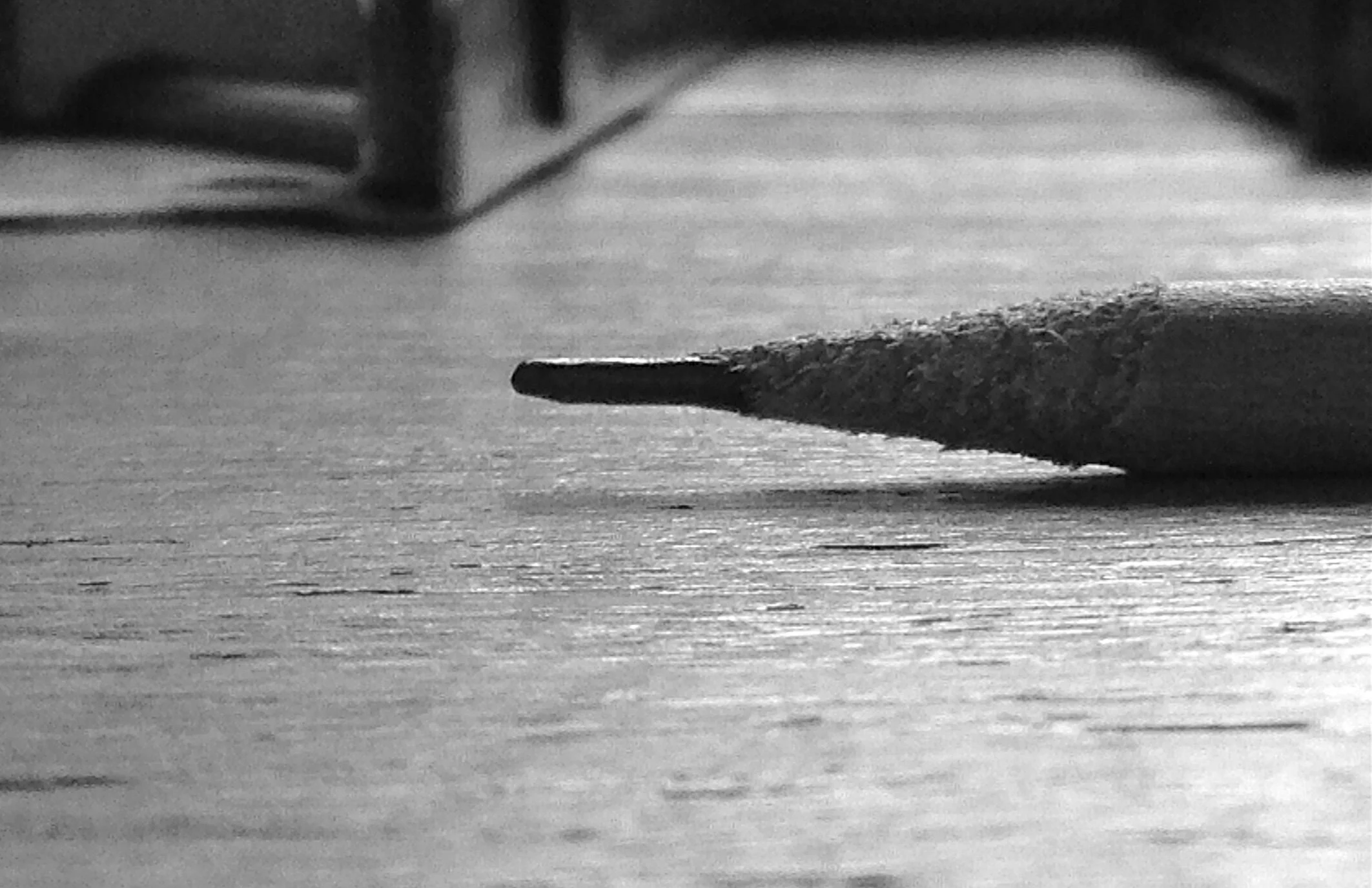Whiplash
/There are no two words in the English language more harmful than “good job.”
~ Terence Fletcher
quick fox: A | Gold
winding dragon
Whiplash can be seen as a journey about a drummer being baptized into the art of jazz. The giants of jazz music—the Charlie Parkers and the Miles Davises of the world—forged a legacy on their improvisation and mastery of complex rhythms. To put it simply, they were true soloists, able to control the room with their instrument alone.
As we watch Andrew Neiman’s (Miles Teller) journey, he begins and ends as a solo artist. The opening shot of Whiplash, we feel like an intruder, slowly creeping closer to Andrew’s dorm at the prestigious Shaffer Conservatory where he practices alone at a frenzied pace. Then in walks Terence Fletcher (J.K. Simmons), a music instructor with a terrifying reputation for his abusive tactics to “motivate” students. He invites Andrew into Fletcher’s Studio Band. From that moment on, Andrew’s talent is measured against Fletcher’s expectations. Andrew never has a moment where the beat of the drum is not, in some way, servicing Fletcher’s desire to mold the next great jazz musician.
In Fletcher’s mind, there is a war against jazz, and jazz is losing. His Studio Band is the last troop standing on the front line against, as Fletcher calls it, “Starbucks jazz.” The death toll of jazz itself, apparently. It’s as though Fletcher is the only conductor searching for the chosen one, the hero to rescue the genre itself, and he is willing to sacrifice anyone under his command to make it so. He makes his stance clear in one particularly brutal scene when he keeps slapping Andrew’s face while counting off musical beats to force Andrew to play the drum set to Fletcher’s tempo.
A generous interpretation would say Fletcher is making himself the villain to force the hero to discover himself. Every time he calls Andrew gay slurs, screams bloody murder into Andrew’s ear, throws a cymbal at Andrew’s head, or ridicules him for being raised motherless, it adds another score to be settled between student and mentor. Eventually, Andrew does rise victorious. During the last scene, when it looks like his music career will fall flat, Andrew takes a final stand. He plays unscripted, unannounced—sweat flying off the cymbals, blood pooling in the palm of his hand—to the shock of Fletcher and the rest of the band. But for the first time since the opening seconds of the film, Andrew is not playing for anyone else except himself. He has discovered jazz.
J.K. Simmons brilliantly plays Fletcher as someone who is very honest and cryptic at the same time. He says exactly what he think of his band members in cruel, abusive terms to dare one of these scared shitless musicians to prove him wrong. His “take no prisoners” approach makes it clear to everyone that he does not care about his band as individuals, but only as a means of discovering the savior of jazz. Yet, there are a couple brilliantly filmed scenes where the monster known as Fletcher is stripped away, and we see the human hiding underneath. Those moments cast into doubt whether or not his villainous actions are more theatrical or instinctual—whether Fletcher is putting on a show to weed out the students who aren’t motivated enough to be the greatest musicians or if he’s simply that insane.
Without a doubt, Fletcher believes it’s all theatrics. He believes his actions provoke the best out of his students, and refuses to think otherwise. As the audience, we see it in all its falsehood—Fletcher’s students are frightened, humiliated, and left feeling utterly worthless. But the brilliance of Whiplash is that Fletcher’s inexcusable conduct is paired with Andrew Neiman, a student who, despite our misgivings, actually responds beyond what Fletcher could have hoped for. During the last moment, as Andrew pours his heart and soul into the drum set, we witness the birth of Andrew’s entrance into the music scene. And as horrible as it sounds, there is no doubt in anyone’s mind that Andrew would not have reached that point unless pushed in the way Fletcher did.
The lingering question for the audience is, “Was it worth it?”


